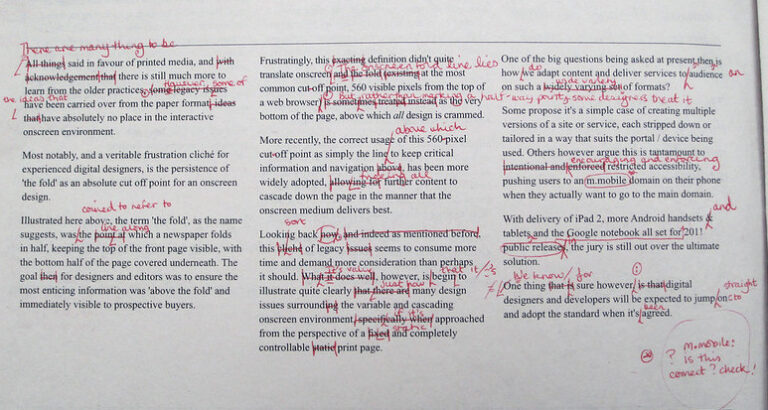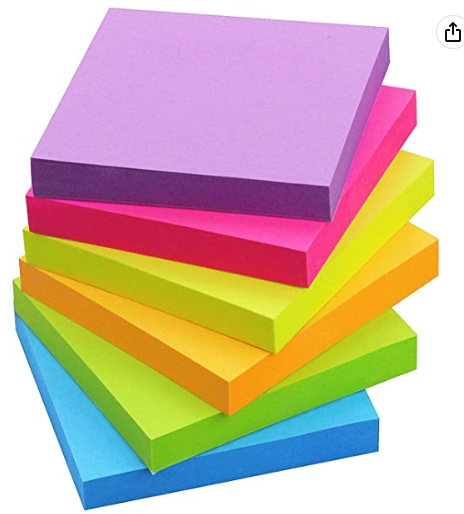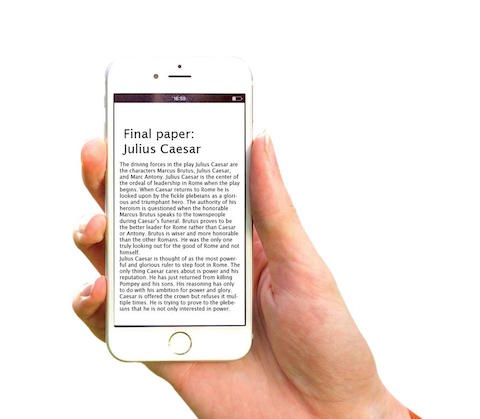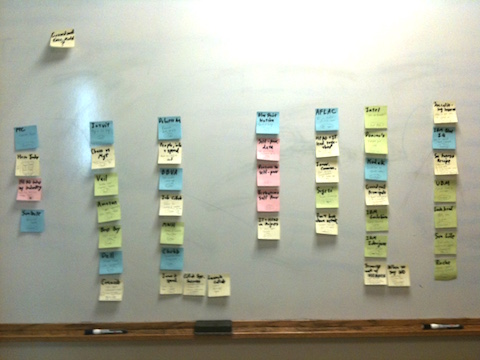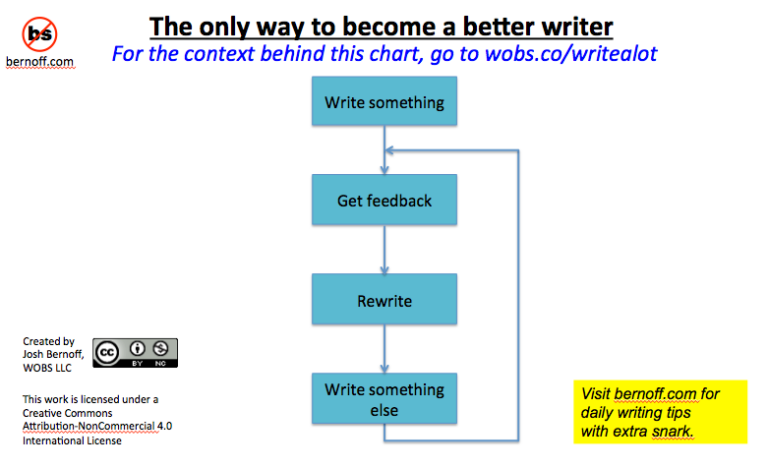Plan to write. Write to learn.
You’ll change your mind about the content of your book as you’re writing it. But writing is an inefficient way to learn. You should start by meticulously planning, not writing, and you should reserve time for rewriting, too. There’s an efficient process that smart writers use and it looks like this: plan/write/revise/polish. I’ll explain. Writing…

